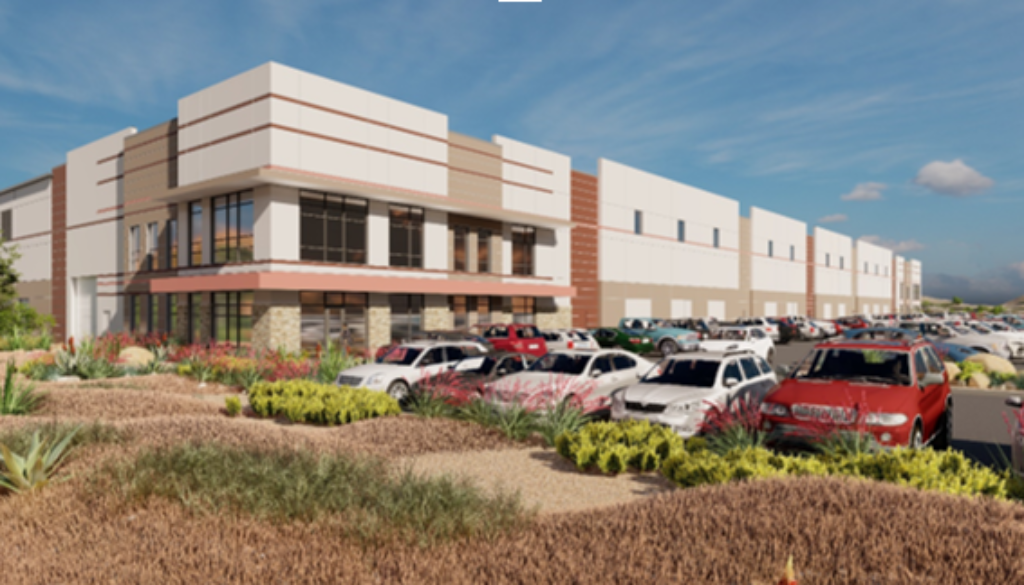The free trade zone regime in Costa Rica: more than three decades promoting the country
Table of Contents
Contact the Central American Group to explore the foreign investment option in Costa Rica and to establish nearshore manufacturing operations in the Green Park Free Zone.
More than 460 companies operate under the free trade zone regime in Costa Rica. Together, they employ more than 164 thousand people.
The free trade zone regime in Costa Rica has proven to be a key element in promoting the country’s economic development and attracting foreign investment for more than three decades.
Since its emergence, this regime has become a driving force for the country, generating employment, increasing exports, and promoting the transfer of knowledge and technology.
The legal framework for the free trade zone regime in Costa Rica was approved in the 1990s
“To talk about the free trade zone regime in Costa Rica, we must return to the 80s. This was a decade in which the country began to focus on attracting investment as a measure of economic development. However, it was not until 1990, with the approval of the Free Zone Regime Law No. 7210, that a path of expansion and growth was triggered that brought us to what we know today. The 90s began with 70 companies operating within the regime, which generated 7 thousand jobs and reached exports of $94 million,” said Jairo Mena, executive director of AZOFRAS.
Currently, 460 companies operate under this model, generating more than 164 thousand jobs, with exports reaching $14 billion.
Thanks to solid legislation and a series of competitive advantages, Costa Rica has consolidated its position as an attractive destination for international companies seeking to establish themselves in the region under its free trade zone regime.
“The success of the free trade zone regime in Costa Rica is due to the competitiveness of the country resulting from Law No. 7210, added to a privileged geographical position, the quality and competitiveness of human capital, the historical political stability, security and another series of fundamental characteristics; turning Costa Rica into an attractive place for Foreign Direct Investment (FDI) to consolidate,” Mena added.
AZOFRAS represents Costa Rica’s free zones
In 1990, the Association of Free Zone Companies of Costa Rica (AZOFRAS) was born to represent and promote this regime and the companies that operate in it.
“The Association has more than three decades of working on solutions in operational matters and legal and fiscal security for the sector. In recent years, the growth of the free zones, their exports, the generation of employment and growth of their supply chains, has allowed the country to remain optimistic, even in times of crisis like 2009 and 2020,” said its executive director.
More than 57 thousand indirect jobs and purchases from local companies worth close to $5.4 billion are other benefits of the free trade zone regime in Costa Rica for the country.
On the other hand, socioeconomic contributions are more difficult to quantify, such as investment in social programs, infrastructure development, community projects, and improvements in the quality of life of Costa Ricans.
However, the free trade zone regime in Costa Rica faces constant challenges, and competition between countries for FDI is increasingly fierce.
For these reasons, it is essential that the regime evolves and adapts to the pace of global economic trends, notes Jairo Mena of AZOFRAS.
“The future of the free zones will largely determine the country’s future. For this reason, it is essential that there are update spaces where the latest news and global trends are made known so that they can be adapted or implemented in the country,” concluded Mena.
Costa Rica has become a prime destination for foreign direct investment
Costa Rica’s free trade zone regime has been instrumental in attracting significant foreign direct investment (FDI) to the country. By offering a favorable and business-friendly environment, Costa Rica has become a prime destination for multinational corporations seeking to expand their operations in the Americas. The key factors contributing to this success are:
Tax Incentives: The free trade zones provide generous tax incentives, such as exemptions from import duties and a reduced corporate income tax rate, making it cost-effective for foreign businesses to operate in the country.
Political Stability: Costa Rica’s long-standing history of political stability and commitment to democracy assures investors of a secure investment environment.
Skilled Workforce: The country boasts a well-educated and highly skilled workforce, particularly in technology, engineering, and life sciences, which is crucial for knowledge-based industries.
Strategic Location: Costa Rica’s strategic location in the heart of the Americas offers easy access to North and South American markets, making it an ideal hub for regional trade.
In summary, the free trade zone regime in Costa Rica has played a pivotal role in attracting FDI by providing a competitive fiscal framework, political stability, and access to a skilled workforce while positioning the country as a central gateway to a vast consumer market.
Contact Us
Please use this form to contact us and we will respond as soon as possible:





